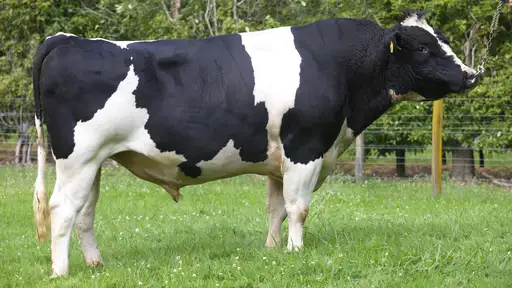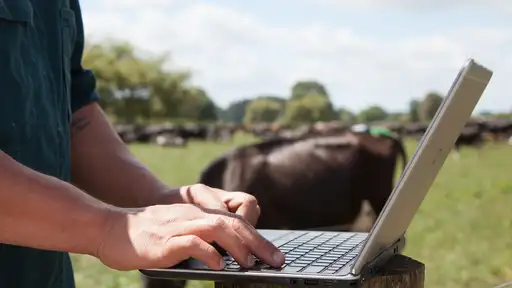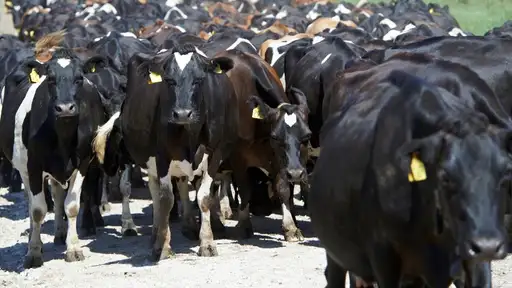Coined ‘Gypsy Day’ because of its traveling connotations, 1 June sees thousands of farm managers, contract milkers and sharemilkers loading cows into stock trucks, or walking them to new farms nearby, and packing up their equipment, families and belongings.
National FarmWise® manager, Edward Hardie says it’s also the day farms and cows are bought and sold. “For prospective farm owners, it represents a step towards realising their dream of owning their own farm and moving up the farming ladder.”
So while urbanites will need to watch-out for extra stock on the roads around 1 June, farmers need to be pre-planning now to make sure their move goes without a hitch.
“If you’re moving animals at any time, not just on Gypsy Day, it’s important to notify your herd record provider to ensure the details of animals moving are recorded correctly,” Hardie says. “All cows must be tagged with National Animal Identification and Tracing (NAIT) tags and registered in the NAIT system to helps minimise the risk of spreading notifiable diseases.
"Regardless of whether your herd provider is also your NAIT information provider like LIC’s MINDA, you still need to contact NAIT (now managed by OSPRI) on 0800 482 463 to get a new NAIT number set up or refer to their helpful moving checklist.”
Hardie says it’s important all NAIT movements for animals returning from grazing on other farms are also recorded before moving.
“Ensure your herd records are up to date so that every movement that has occurred is up to date. Check who has access to your herd records and remove or add any permissions as required. And if you haven’t been able to get your herd records 100% up to date, use the opportunity to do so now.
“Maximise the information you have such as herd tests and pregnancy diagnosis if needed and undertake a herd body condition score to confirm any culls are removed and ensure all animals are tagged and entered into the animal management system for NAIT transfer.”
Hardie says it’s also a good time to re-check and confirm the new farm a farmer is moving to is free from any notifiable diseases such as M. Bovis and TB and that adequate farm biosecurity measures are in place before they arrive. Further, ensure when moving, your own gear and equipment is clean.
Moving solo
For those moving without animals, Hardie suggests farmers make sure permissions have been removed from previous herd records so updates can easily occur once they’ve shifted.
“Take time to check-in with your new farm owner (or relevant person) ahead of moving to ensure you have permission for updating records on your new herd and reconfirm that your new farm is free from any notifiable diseases to avoid any future headaches. Also ensure any equipment you are taking is clean. And lastly, allow yourself enough time on moving day. Hiccups can occur and things often taken longer than expected so now is the time to plan for the unexpected as well as a smooth move.”
Hardie adds LIC FarmWise® consultants are on hand to help farmers year-round with independent, confidential advice and support them in achieving their business objectives through individually-tailored professional, practical and science-based advice on all aspects of farming including:
- planning, budgeting and business case analysis
- pasture management, feed budgeting and profitable supplement management
- nutrient and farm environment plans
- farm optimisation computer modelling
- farm supervision, visits and audits
- animal reproduction, herd planning and accredited body condition scoring
- governance, succession and transition planning
- human resource support
- FarmWise® Agreements for employing staff, sharemilking and contract milking arrangements, and animal and farm leases
- variable milking frequency advice – 3n2 and OAD milking.
FarmWise® consultancy services are provided in accordance with the LIC Conditions and Service Rules.




